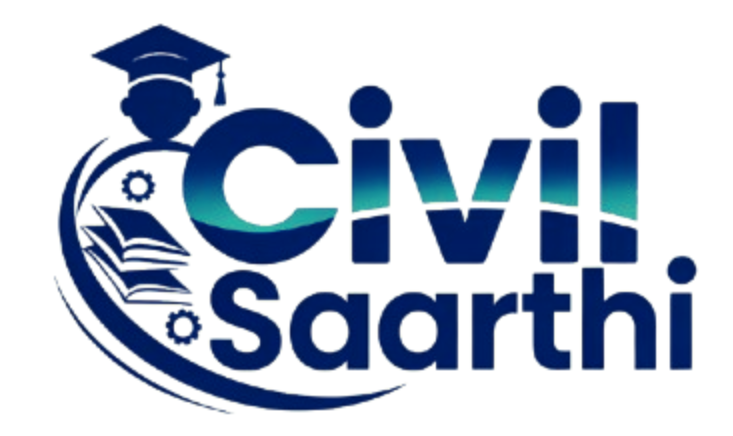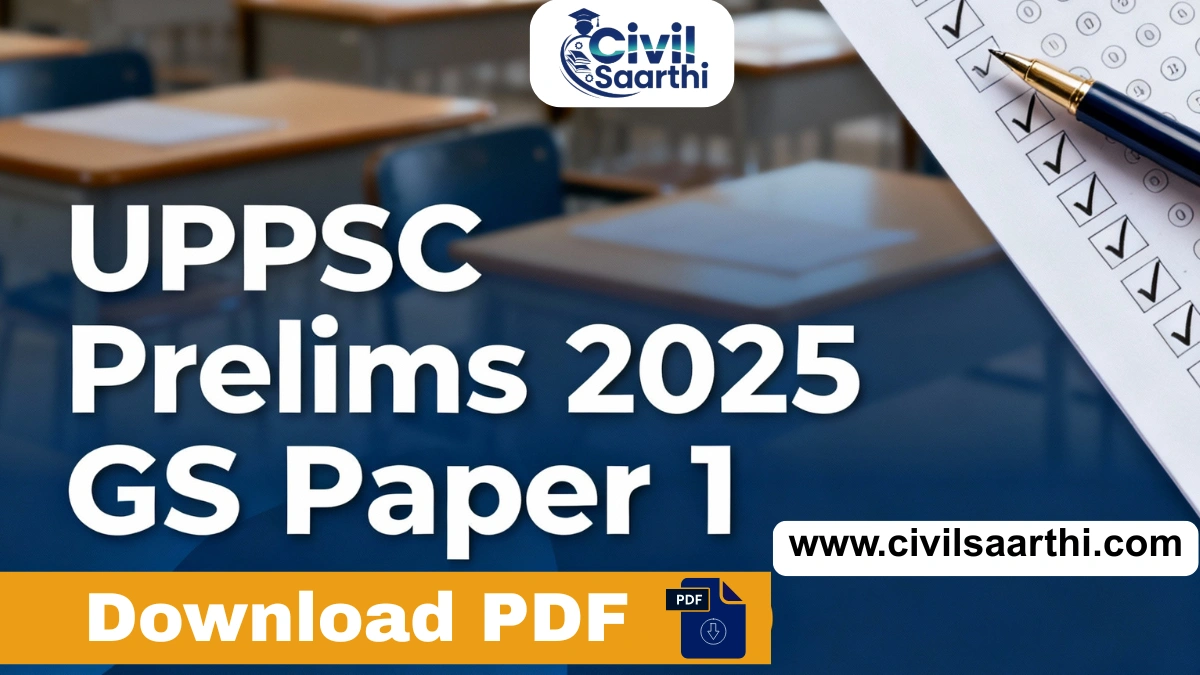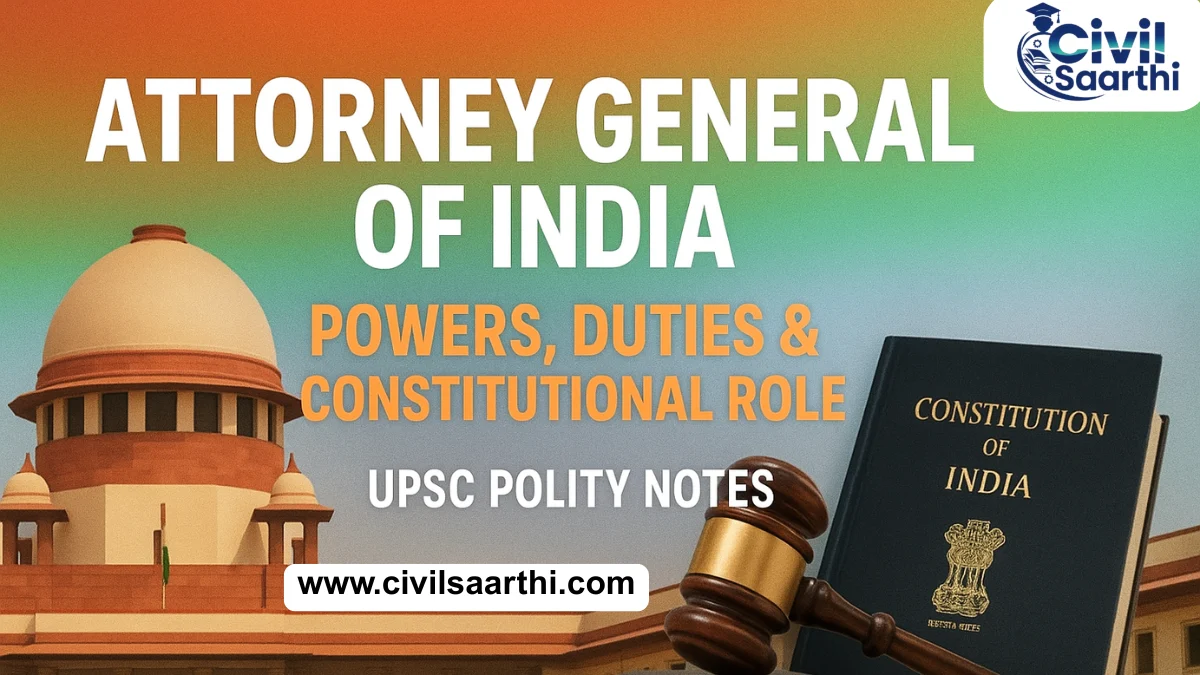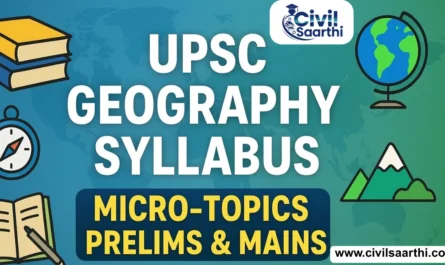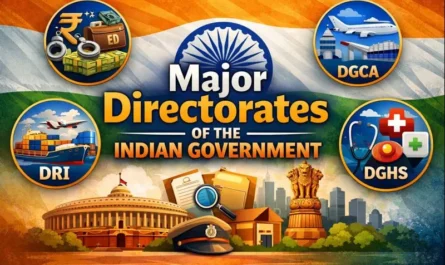The dream of becoming an IAS, IPS, or IFS officer often starts right after school. For students who wish to appear for the UPSC Civil Services Examination (CSE), beginning preparation after 12th standard provides a clear head start. It allows ample time to build a strong academic base, develop essential skills, and approach the exam with confidence.
Why Start UPSC Preparation After 12th?
Starting UPSC preparation right after 12th gives aspirants extra years to gradually cover the syllabus. Instead of rushing, students can build habits of reading newspapers, practicing writing, and understanding concepts slowly. This early advantage ensures better performance when they make their first serious attempt.
Key Benefits:
Early foundation in NCERTs and basics.
Better graduation subject selection.
Development of analytical and writing skills.
Time for multiple revisions and test practice.
UPSC Preparation Stages After 12th Overview
The UPSC journey can be divided into different stages spread across graduation years. Each year should have a focused target like building basics, integrating answer writing, or doing full-fledged mock test practice. This step-by-step approach prevents burnout and creates consistency.
| Stage | Focus Area | Key Activities |
|---|---|---|
| 12th to 1st Year | Orientation | Understand syllabus, read NCERTs, develop reading habit |
| 2nd Year | Foundation | Standard books, notes, optional subject planning |
| 3rd Year | Integration | Answer writing, test series, Mains focus |
| Final Year | Revision | Prelims + Mains practice, interview prep |
Choosing the Right Graduation Course
Graduation subjects directly influence UPSC preparation because the Mains exam requires choosing an optional subject. Selecting a course aligned with UPSC General Studies or your personal interest can save time and improve marks. Even science or engineering students can manage UPSC with the right optional.
Popular UPSC-Friendly Degrees
BA Political Science
BA History
BA Sociology
BA Geography
BA Public Administration
Step-by-Step UPSC Preparation Strategy After 12th
UPSC preparation requires a structured year-wise plan. With 3–4 years in hand, aspirants can start from NCERTs, gradually move to advanced sources, and finally enter serious revision and test practice. A slow yet steady approach is more effective than rushed preparation.
| Year | Focus | Daily Study Time (Avg.) |
|---|---|---|
| Year 1 | NCERTs, newspapers, syllabus understanding | 2–3 hrs |
| Year 2 | Standard books, optional subject, note-making | 3–4 hrs |
| Year 3 | Mock tests, answer writing, advanced preparation | 4–5 hrs |
| Year 4 | Final revision, Prelims & Mains tests | 6–8 hrs |
NCERT and Booklist for UPSC Preparation After 12th
NCERT books are the first step in UPSC preparation. They give conceptual clarity and build a base for higher-level sources. Once completed, aspirants can move to standard reference books that are specifically designed for UPSC. Newspapers and monthly magazines help in current affairs coverage.
Also Read: NCERT Books for UPSC Download PDF
| Subject | NCERTs | Standard Books |
|---|---|---|
| History | Class 6–12 | Spectrum Modern India, Bipin Chandra |
| Geography | Class 6–12 | GC Leong, Oxford Atlas |
| Polity | Class 9–12 | M. Laxmikanth |
| Economy | Class 9–12 | Ramesh Singh, Sriram IAS |
| Environment | Class 9–12 Bio + Env. | Shankar IAS Book |
| Current Affairs | – | Newspaper + Yojana, Kurukshetra |
Subject-Wise Preparation Strategy After 12th
Each subject in UPSC needs a unique approach. While subjects like polity require conceptual clarity, others like history need memorization. With a balanced plan, students can prepare all subjects effectively and avoid last-minute stress.
| Subject | Preparation Focus | Practice Method |
|---|---|---|
| Polity | Constitution, governance | MCQs + Mains questions |
| Geography | Maps, physical features | Diagram + map practice |
| History | Freedom struggle, timelines | Chronology sheets |
| Economy | Budget, basic terms | Concept notes |
| Environment | Biodiversity, laws | Short notes + flowcharts |
Importance of Answer Writing Practice
Answer writing is one of the most crucial parts of UPSC Mains preparation. Developing this skill takes time, which is why aspirants should start during graduation. Writing 2–3 answers a week and getting feedback helps improve structure, clarity, and presentation.
Also Read: How to Write Answers for UPSC Mains 2026
Tips for Answer Writing:
Use Intro–Body–Conclusion format.
Include facts, reports, and examples.
Stick to word limits (150–250 words).
Practice both GS and Optional answers.
Current Affairs Preparation After 12th
UPSC demands deep awareness of current events. Students should start with simple newspaper reading in the first year and gradually shift to note-making. Using reliable sources like PIB, Yojana, and PRS ensures accuracy and adds value to answers.
Best Current Affairs Sources:
The Hindu / Indian Express (daily reading)
PIB, PRS India (government sources)
Monthly magazines (Vision IAS, Insights, ForumIAS)
Role of Mock Tests and Time Management
Mock tests simulate the real exam and help in evaluating preparation. They also improve time management and accuracy. Aspirants should take at least 25–30 Prelims mocks and 10–12 full-length Mains mocks before their attempt.
Time Management Tips:
Make a realistic daily timetable.
Follow the 25-5 Pomodoro rule for focus.
Keep 1-2 hours daily for revision.
Additional Tips for UPSC Preparation After 12th
Small lifestyle changes can improve preparation quality. Staying healthy, avoiding resource overload, and making consistent notes help in long-term success. Digital tools like Notion or Evernote can also make note-making more systematic.
Quick Tips:
Stay consistent, even with small study hours.
Limit resources to trusted ones.
Practice writing and speaking regularly.
Take care of physical and mental health.
UPSC Preparation After 12th FAQs
Q1. What is the best time to start UPSC preparation after 12th?
Immediately after 12th, so you can build basics during graduation.
Q2. Can science and engineering students prepare for UPSC?
Yes, but they should choose an optional subject wisely and balance time.
Q3. Is coaching necessary after 12th?
No, in the beginning focus on NCERTs, reading, and self-study. Coaching may help later for test series.
Q4. Which graduation degree is best for UPSC?
Political Science, History, Sociology, and Geography are most popular.
Q5. Should I take a gap year for UPSC?
Yes, if required. A dedicated year for revision before the attempt is common.
